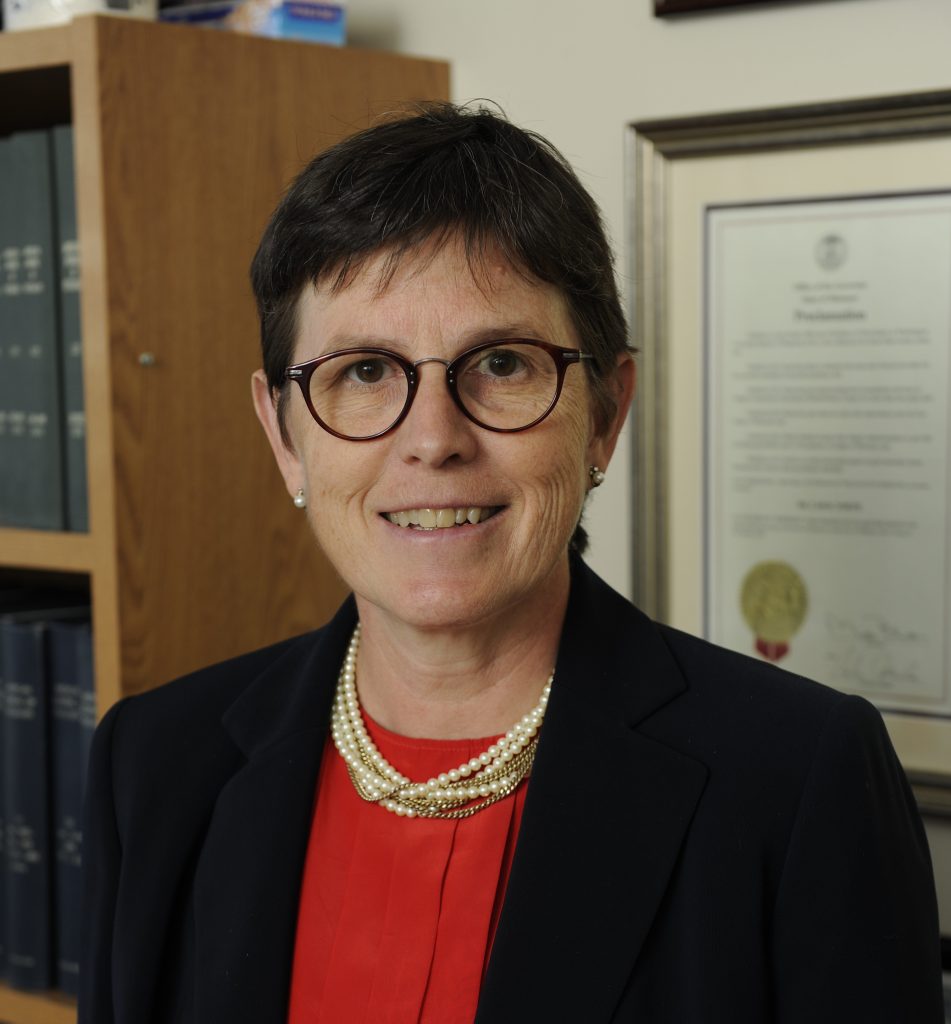
Carol S. North,医学博士,MPE,DLFAPA
目前被称为精神疾病 精神分裂症 最初被命名为 早发性痴呆. This term, literally meaning “precocious madness,” and first used by the French physician Benedict Morel in 1853, was later popularized by the German psychiatrist Emil Kraepelin in 1896 to represent a chronic, incurable psychotic disorder with rapid cognitive disintegration that typically strikes in the late teens to early adulthood. In 1908, the Swiss psychiatrist Eugen Bleuler renamed it 精神分裂症, 指的是精神功能的分裂,包括人格、思维、记忆和感知。1 与 Kraepelin 的观点不同,Bleuler 对这种情况的看法是,它的预后并不总是很差,而且它实际上由一组他称之为“精神分裂症”的疾病组成。在接下来的一个世纪里,通过正式的诊断标准和科学验证建立了一个精确的定义。
In the last 25 years, a new movement to rename the disorder has emerged. This movement is motivated by concerns that the term “schizophrenia” is confusing and misleading, generating negative stigma surrounding the illness and those who suffer with it. This term has led to widespread misunderstanding of the disorder as a problem of “split personalities,” which is an entirely different and unrelated disorder. The public is further confused by the media which has unfortunately perpetuated incorrect characterizations of schizophrenia as representing any incoherent, contradictory, or deviant behavior, depicting individuals with this disorder as criminal, violent, and dangerous. An alternative common usage of the word “schizophrenia” has found its way into secondary dictionary definitions referring to contradictory or antagonistic qualities or attitudes (e.g., “schizophrenic weather patterns”). Therefore, some experts have called for a new name, aiming to increase understanding, improve the public image of the disorder, reduce stigma, and lead to better care for the disorder.1
已经提出了许多精神分裂症的替代名称。1-3 候选人包括 Bleuler 综合征、Kraepelin-Bleuler 病、Schneider 综合征、多巴胺失调障碍、显着性失调综合征、神经情绪整合障碍、精神病谱系障碍、精神病易感性综合征、知觉功能障碍综合征、 和 青年发作的意动、认知和现实扭曲 (和睦)。 2002年,日本成为第一个重新命名精神分裂症的国家,正式称其为 整合障碍.同十年,台港正式更名 思维和知觉功能障碍;接下来,韩国采用了这个名字 协调障碍.
迄今为止,科学界尚未就任何替代名称达成一致,并且对于重新命名这种疾病是否可取仍然存在矛盾。一些专家认为,更名并不一定会影响围绕这种疾病的耻辱感,因为正是基于无知和恐惧的公众对这种疾病的负面看法,而不是名字本身,才是造成耻辱感的根本原因。1 此外,有人担心改变疾病的名称可能只是将现有的耻辱从旧名称转移到新名称。还有一些人认为,这种疾病的科学定义需要连同它的名称一起改变,而就新名称达成一致需要发现这种疾病的根本原因——一项科学成就预计不会在不久的将来出现。
提倡为精神分裂症取一个新名字的专家建议采用一个人名。2 例如,唐氏综合症是 21 三体综合征(以前称为“蒙古病”)的同名词,而阿尔茨海默氏病是以前称为“老年痴呆症”的同名词。已故的约翰·纳什 (John Nash) 就是一个最近因精神分裂症而过着辉煌人生的例子。电影 美丽的心灵 戏剧化了这位在 1994 年获得诺贝尔奖的著名数学家的故事。以他患有精神分裂症的生活为基础的同名可以将这种疾病的名称改为 约翰·纳什障碍,一个没有负面含义的术语,反映了一个积极的形象。
专家警告说,为了达到预期的目的,新名称必须伴随着专业和公共教育、立法以及有效心理健康服务的可用性和可接受性。这些努力应该包括患者及其家属以及精神病学临床医生和研究人员。2 最后,研究新名字的医学、经济、法律和社会影响也很重要。3 Renaming schizophrenia can be expected to be a long process, and an even longer process will be needed to achieve the expected benefits of changing public understanding and improving life for the people who live with this illness.
参考
1. Gaebel W, Kerst A. 关于重命名精神分裂症的辩论:一个新名字不会消除耻辱感。 流行病精神病学 2019; 28(3):258-261.
2. Lasalvia A, Penta E, Sartorius N, Henderson S. 是否应该放弃“精神分裂症”这个标签? 裂叶水库 2015; 162(1-3):276-284.
3. Yamaguchi S, Mizuno M, Ojio Y, Sawada U, Matsunaga A, Ando S, Koike S. 重命名精神分裂症与耻辱感相关结果之间的关联:系统回顾。 精神病学临床神经科学 2017; 71(6):347-362.

